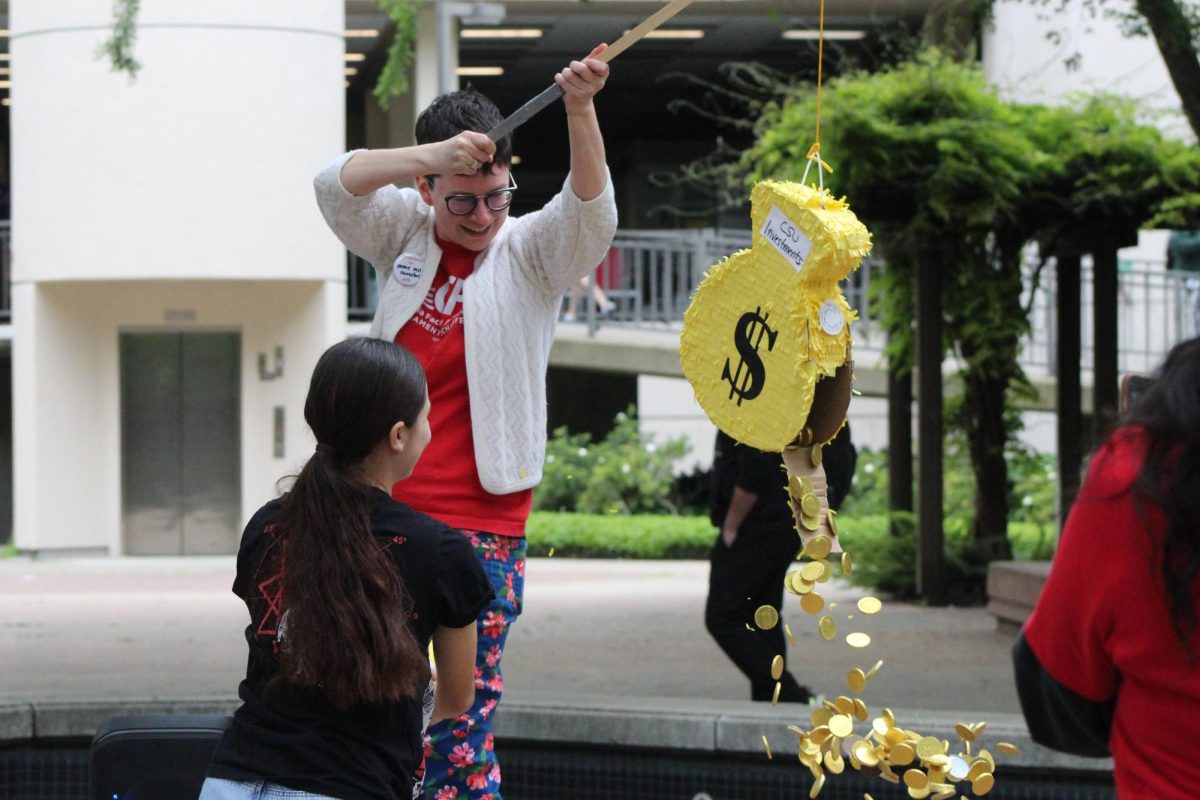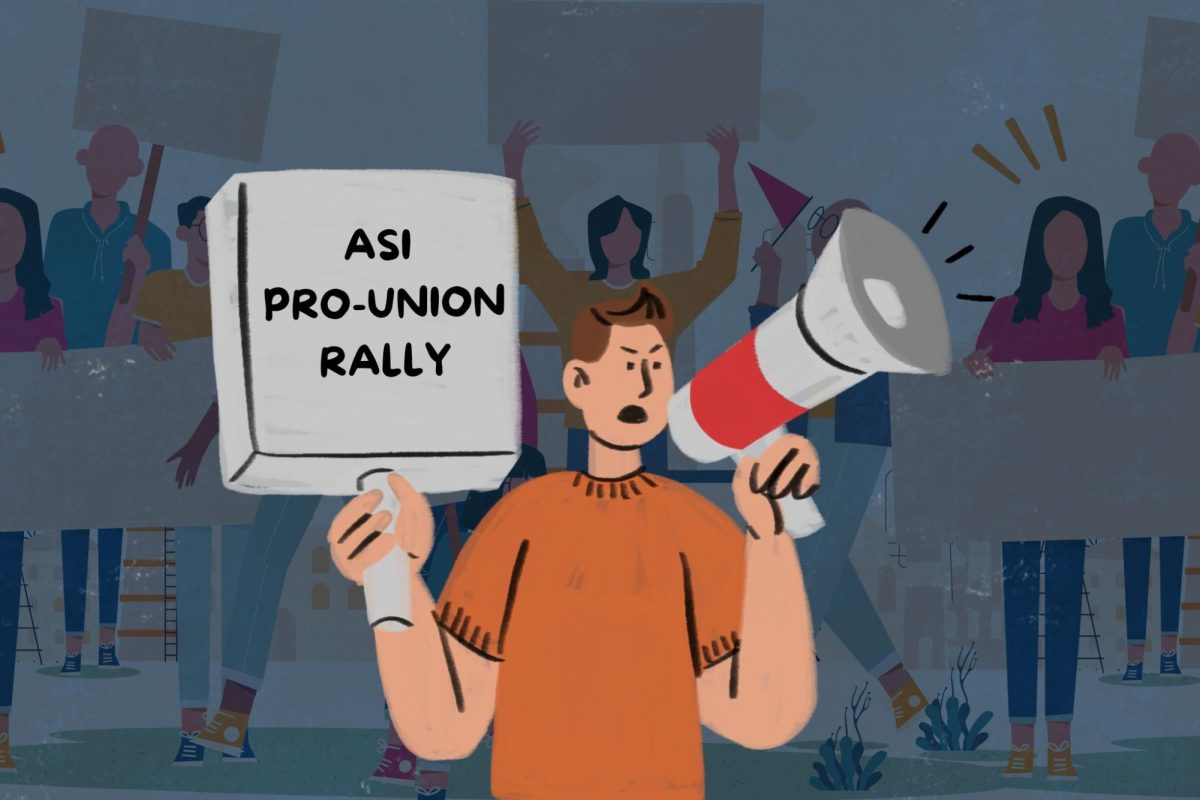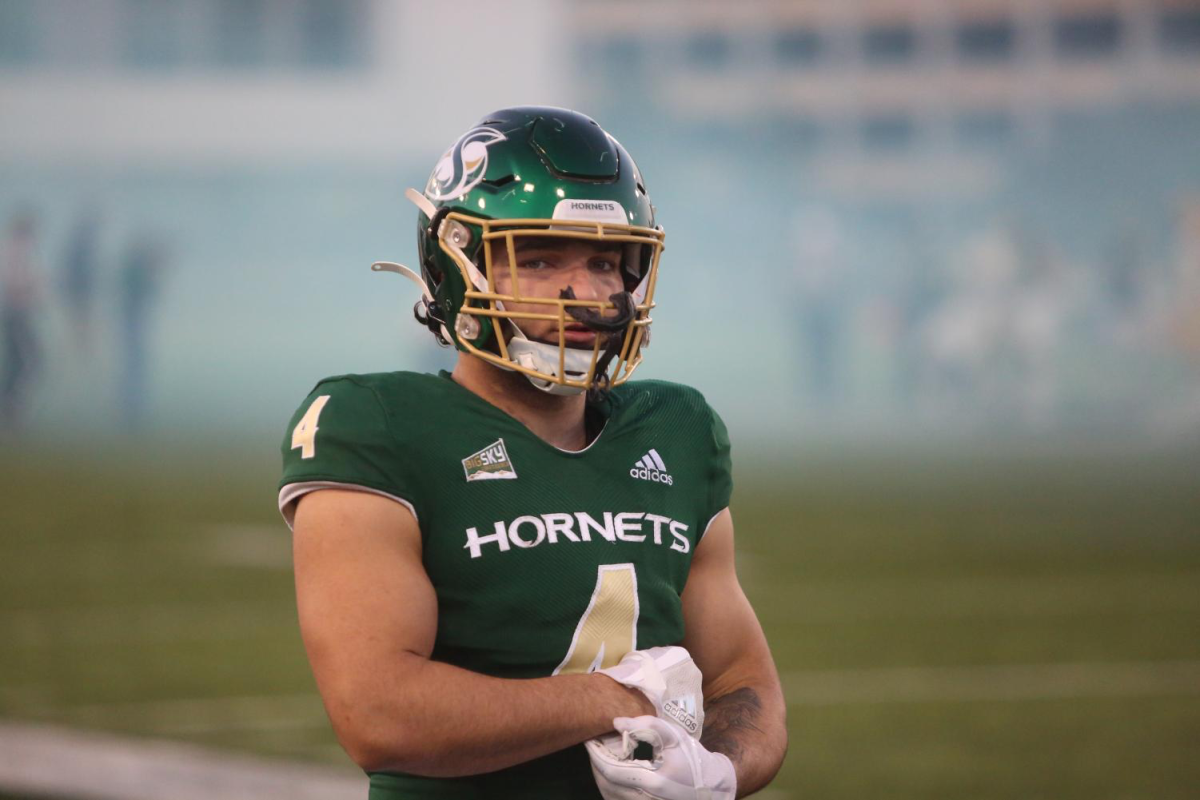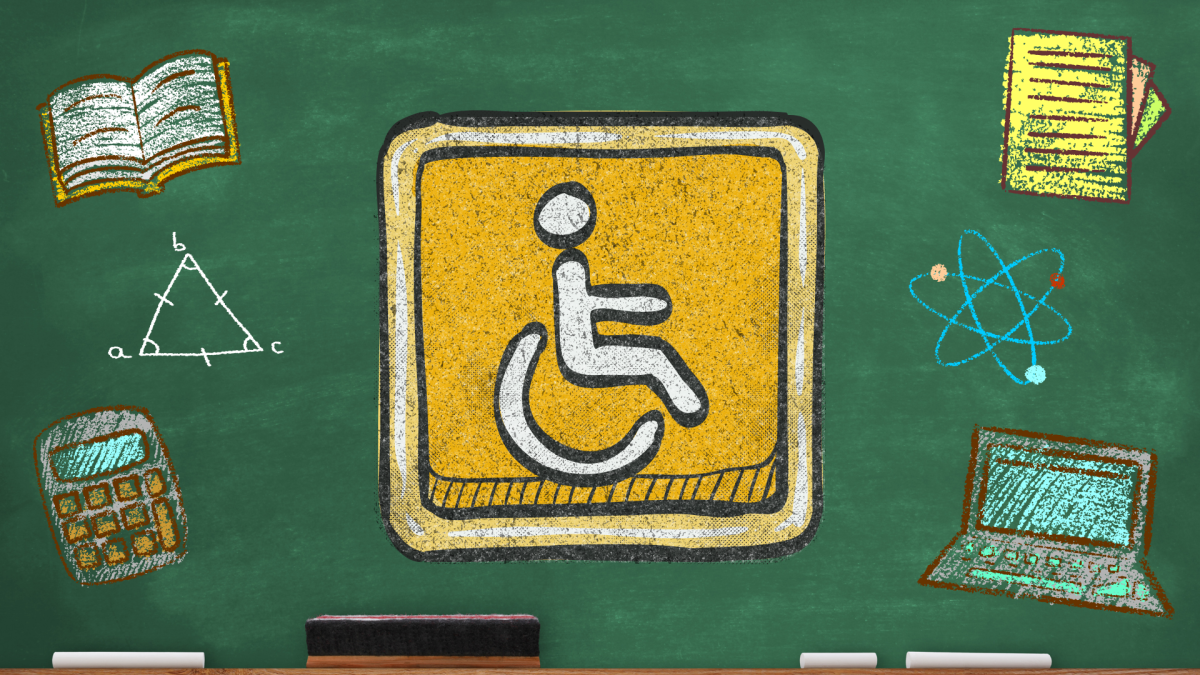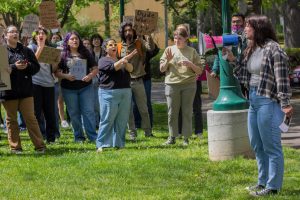Some universities ban laptops due to distractions
May 18, 2006
(U-WIRE) DAVIS, Calif. – Forget Sudoku. For laptop-wielding students, the popular number game would be such an elementary way to pass class time away.
That one student buried behind his laptop in the front row of lecture has found something better to do. And everyone behind him is sure to glance at the screen now showing Pulp Fiction or a game of Counter-Strike.
Many instructors know that students are up to much more, especially when a wireless Internet connection is available. So some instructors have gone as far as banning laptops from their classrooms.
Law professors at the University of Memphis and the University of Pennsylvania cited the lack of class discussion as one of the reasons for the decision, according to the Associated Press.
However, the increasing laptop usage isn’t much of a nuisance to some lecturers at UC Davis, so far.
“While I’m fully aware of what they might be doing behind their screens, I don’t feel like it’s my job to watch over them,” UC Davis psychology lecturer Jacqueline Horn said.
There are ways in which having a laptop might even contribute to class discussion, UC Davis philosophy professor James Griesemer wrote in an e-mail interview.
“Faculty increasingly bring laptops to conferences and use them to take notes on the lectures being given; why shouldn’t students?” Griesemer wrote. “Two years ago I was in a conference and was able to pull up a document and read a quote that was quite relevant to what the speaker was saying, and it led to a very interesting discussion that might not have happened, since I wouldn’t have been able to accurately quote the document from memory.”
Griesemer also wrote that he finds that students who read newspapers in class to be more distracting than laptop users.
But students with laptops appear less in the moment,UC Davis communication lecturer John Theobald wrote in an e-mail interview.
“I think that laptops condition students to be less reflective about ideas,” he wrote. “Laptop-using students clearly are less interpersonally engaging, but it would only bother me if a large number of students started using them.”
Theobald wrote that he may institute a policy next year in which laptop users would have to sit in the front row to reduce distraction.
While some students concur with a laptop’s potential for distraction, its role is larger as a necessary tool.
“I do play poker and watch movies sometimes,” UC Davis senior Justin Rasmussen said. “It’s easier to process when I’m typing. If I’m typing, I’m keeping up. If I’m writing, I’m struggling to keep up.”
Many students and lecturers agree on one thing: Distractions that come from a laptop don’t seem to be much different from someone who is drawing or filling out a crossword puzzle.
“Whether playing games or making doodles on their paper, it’s the same concept,” UC Davis junior Dana Braden said. “At the college level it’s the student’s disposition to pay attention.”
Even as students are furiously typing away, some note that it doesn’t mean that the information isn’t being registered in their heads.
“Writing in any form, you’re still having to think about it whether you’re writing it or typing it,” UC Davis senior Dana Davies-Shaw said.
Students and faculty also agree that the degree of distraction depends on the size and type of class. In smaller classes, professors say they find fewer laptop users.
As far as a possible laptop-banning movement at UC Davis goes, it is highly unlikely, according to Fred Wood, dean of the College of Letters and Science.
“There was quite a varied view from the faculty,” he said, “but I have not heard anyone say that they’re going to ban laptops.”
Wood added that any lecturer is free to prohibit laptop usage at their own discretion, much like they are allowed to ask a particularly disruptive student to leave the room.
“If a minority of professors wanted to seek action for their reasons to ban laptop usage from classrooms, there would be an equally strong force opposed to such action,” Wood said.
Copyright ©2006 The California Aggie via CSTV U-Wire









